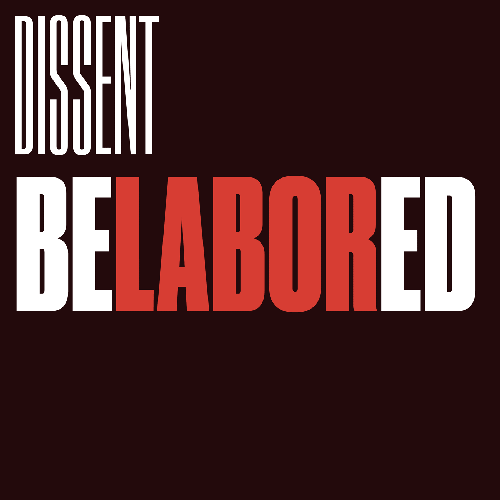El Pais: “The ideology of love for work is a scam”
More Catalan press! Noella Ramirez of El Pais interviewed me about Work Won’t Love You Back:
The journalist Sarah Jaffe (Massachusetts, 43) always heard the same story. “I’ve been writing about work for most of my career. And the story was constantly repeated of people who had landed their dream job and suddenly discovered that the conditions were terrible: they worked a million hours a week, they didn’t rest, they didn’t get paid much and they had perhaps moved to an expensive city that they couldn’t afford”, he explains through a video call from London this reporter, one of the first to report on Occupy Wall Street or Fight for $15 (the movement demanding a federal minimum wage of $15 in the United States) and who has worked for publications such as .The Atlanticor The Washington Post
What’s going on with work? How is it all different compared to other periods? The answers to these questions can be found in The job will not love you (Ara Llibres, translation by Pau Gros), an essay that puts historical context and social question about why we have so quickly forgotten that “eight hours to sleep, eight to work and eight to live” and ended up mired in a work culture that has appropriated our identity, exhausting us and keeping – us isolated from the rest.
Read the rest at El Pais.

